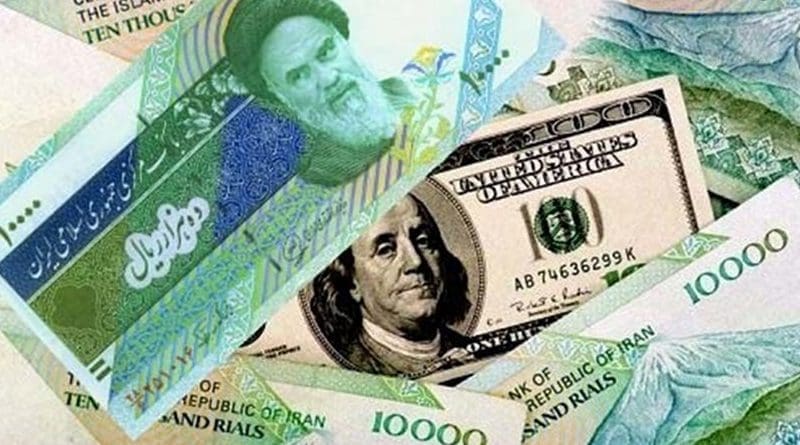Iran ‘Feeling The Strain’ As Sanctions Bite – OpEd
By Arab News
By Anna Pukas
As the US vows to inflict “relentless pressure” on Iran with sanctions, analysts have questioned Tehran’s ability to withstand more blows to its already stricken economy.
Seyed Mohammad Kazem Sajjadpour, Iran’s deputy foreign minister and also its ambassador to the UK, this week insisted the country was well able to “manage” sanctions, having lived through eight years of restrictions during the Iran-Iraq war.
But experts on regional politics and economics said Sajjadpour was merely posturing.
“Iran’s public rhetoric about withstanding sanctions does not square with its economic reality,” said Dr. Lina Khatib, head of the Middle East and North Africa program at the Royal Institute of International Affairs (also known as Chatham House), where the ambassador addressed a gathering on Tuesday.
“Iran is already under financial strain due to both its adventurism in Syria and the US withdrawal from the nuclear deal, which reduced the Western private sector’s interest in Iran,” she said. “The reinstated sanctions will further erode Iran’s economic stature despite its claims of resilience.”
Iran has plunged into economic crisis since President Donald Trump pulled the US out of the Joint Comprehensive Plan of Action (JCPOA) — better known as the Iran nuclear deal — earlier this year.
With little or no purchasing power and almost no foreign suppliers prepared to deal with them, Iranian businesses have been crippled. Customers struggle against the rising cost of goods and exorbitant prices demanded by black marketeers, and there is a growing trade in human organs.
The banking system has all but stagnated and Iran’s currency has lost more than two-thirds of its value against the US dollar since March.
On Wednesday, US National Security Adviser John Bolton warned of additional sanctions on Iran, but gave no details, while Hassan Rouhani, Iran’s president, admitted that the nation faces a “war situation” and compared Trump to Iran’s old enemy, Saddam Hussein.
But despite all the evidence of the hardship suffered by ordinary Iranians, Sajjadpour insisted the country was on the up, pointing out that it has 4.5 million university students, still produces 200,000 engineers each year and was continuing to build institutions.
“Iran is a confident nation,” he said.
Gulf expert Dr. Neil Quilliam does not entirely dismiss Sajjadpour’s assessment, but said that the challenges today were different.
“Sajjadpour quite rightly pointed out that Iran has had bigger challenges in the past, including the eight-year Iran-Iraq war and previous rounds of sanctions to which all major powers signed up. Nevertheless, times have changed and the Iranian economy is more fragile than at any time before, so the government will come under considerable domestic pressure to negotiate with the US,” he said.
The likelihood of that happening rests very much on the midterm elections in the US, he said. Trump’s Republican party has retained control of the Senate, but the Democrats now hold a majority in the House of Representatives.
Success for Trump would encourage a move toward the negotiating table, said Quilliam.
“But if the Democrats do well, then the Iranians will do their best to hold out for two years and try to draw the EU further away from the US.”
It is no secret that the European backers of the Iran nuclear deal were dismayed when Trump announced he was pulling the US out.
Sajjadpour, who was formerly his country’s ambassador to the UN and is currently president of the Institute for Political and International Studies, the research branch of Iran’s foreign ministry, accused the Trump administration of treating Iran like a plaything while ignoring its own “political civil war” at home.
He insisted Iranian politics was focused inward — “We don’t worry about who is in the White House” — and denied the nation posed a threat. Iran has repeatedly been accused of being the world’s leading state sponsor of terror.

